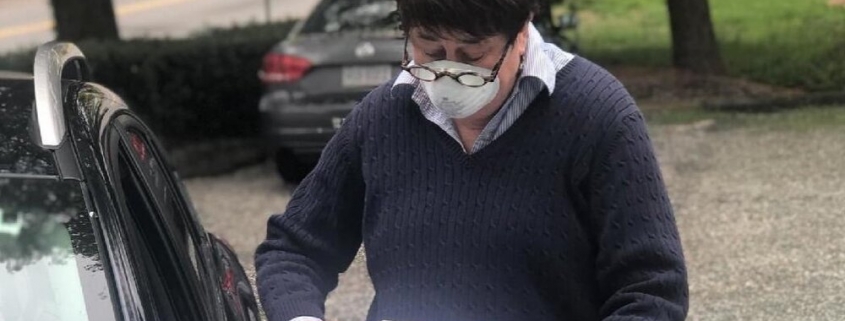Creative Strategies to Help Clients Safely Execute Documents During the Pandemic
by Pierro, Connor, & Strauss, LLC.
As the COVID-19 pandemic continues to spread through the country, more people are realizing the importance of getting their estate planning documents in order. Those over the age of 60 are particularly at risk for developing complications from the novel coronavirus infection. Having in place documents — including a durable power of attorney, a health care proxy, a medical directive, a HIPAA release and a will — is essential in the event that illness strikes.
Although planning one’s estate is a top priority, people don’t want to put themselves or others at risk while doing it. Elder law and estate planning firms across the U.S. are well aware of this concern — both for their clients and their own staff — and have devised creative solutions for clients to execute their documents while limiting or eliminating contact between participants. Strategies include the drive-up solution, taking special precautions with office meetings, and (in some states) executing the documents remotely.
The Drive-Up Solution
This method involves all parties driving to a parking area — perhaps a lot adjacent to the attorney’s office, the client’s driveway, or an assisted living facility parking lot. At a minimum, the attorney and client will need to be present, although witnesses and/or a notary may also be required, depending on the document being executed and state law.
Recently, we met a client and her son in our office parking lot with their legal documents placed on the hood of the client’s car. As myself and another attorney stood six feet away, we witnessed the mother signing her will, power of attorney, and health care proxy. After she was finished, we placed them on her son’s car so he could sign as her agent. We then notarized the papers — it’s unusual but it works and keeps everyone safe.
Meeting at the Office
At Pierro, Connor & Strauss, our physical law office remains open, and we can execute documents in the office while taking precautions to social distance and to make the process go quickly.
For instance, we see clients in our large conference room which has enough space to prevent close contact between parties. All surfaces are thoroughly sanitized, pens not shared, and careful hand-washing encouraged both before and after the document execution process. Masks are worn by everyone.
We also spread-out appointment times to keep the number of people visiting the office at one time to a minimum. Our clients get to review the documents thoroughly and communicate any concerns by phone or video conference before physically meeting so the document execution can be completed as quickly as possible.
Virtual Solutions
Like everything else these days — work, schools, doctor visits, birthday parties, and more — document execution is also going digital during the COVID-19 crisis. In the wake of the pandemic, New York State temporarily allows for video notarization. Details of elder law and estate planning documents can be worked out over the phone or through video conference calls or email exchanges. We use the secure “GoToMeeting” platform to ensure confidentiality.
Allaying Fears
In this unprecedented health crisis, worries about the safety of executing essential documents should not be a factor in the decision.
We have experience executing documents in person, by video conference, and by drive-up, and we’re happy to tailor your solution to your needs. Just call us at 1-866-951-PLAN to get started.



